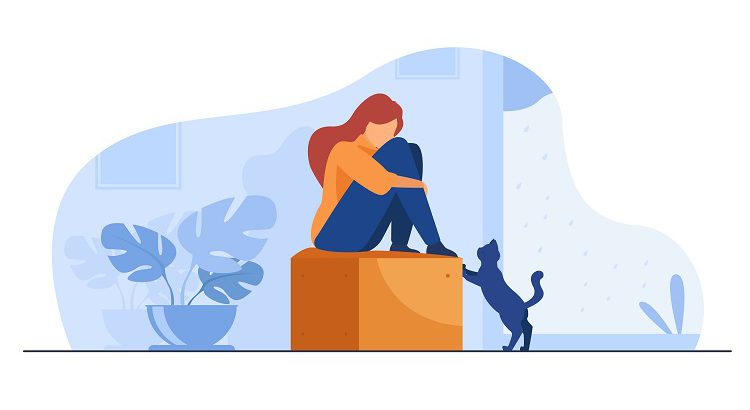With social distancing encouraged during the COVID-19 pandemic, many people are having a difficult time remaining socially active and are at risk of becoming socially isolated.
The negative impact of social isolation cannot be overstated. Not only does it cause loneliness, it also can affect a person’s mental health, which can lead to poor health outcomes, according to Carroll Health Group Primary Care physician Lucas Couch, D.O.
“A lot of our body systems are interconnected, so the big concern with social isolation is increased rates of depression and anxiety, and we know both of those things are linked to long-term chronic health problems, high blood pressure and diabetes,” Dr. Couch says.
Traditionally, social isolation was mainly a concern among the senior population, but with the pandemic causing more people to work and attend school remotely, limit travel and pause social gatherings, the problem is now widespread, affecting people of all ages.
Dr. Couch says things are getting better, with an increasing number of people receiving the COVID-19 vaccine, but he adds safety precautions are still needed.
“I think getting the vaccine is going to make it safer, but if you were to see family, having a mask and washing your hands is still a good and reasonable thing to practice until we really see numbers go way down,” he says.
Although social distancing is still encouraged, preventing social isolation is very attainable.
The following are some tips Dr. Couch recommends:
Connect with friends and loved ones by phone or virtually (e.g., via Zoom or FaceTime). “Just 15 minutes a day can dramatically help with social isolation and mental health,” says Dr. Couch.
Safely volunteer and be kind to others. “If there is a neighbor who has a health condition that prevents them from getting out as much, you can go shopping or go out to the grocery store safely for them,” Dr. Couch suggests.
Participate in outside activities, such as walking, gardening or simply sitting on the porch.
Join a virtual support group. Many are offered at the Tevis Center for Wellness at Carroll Hospital.
Visit our website for more information on mental health and health and wellness resources.
